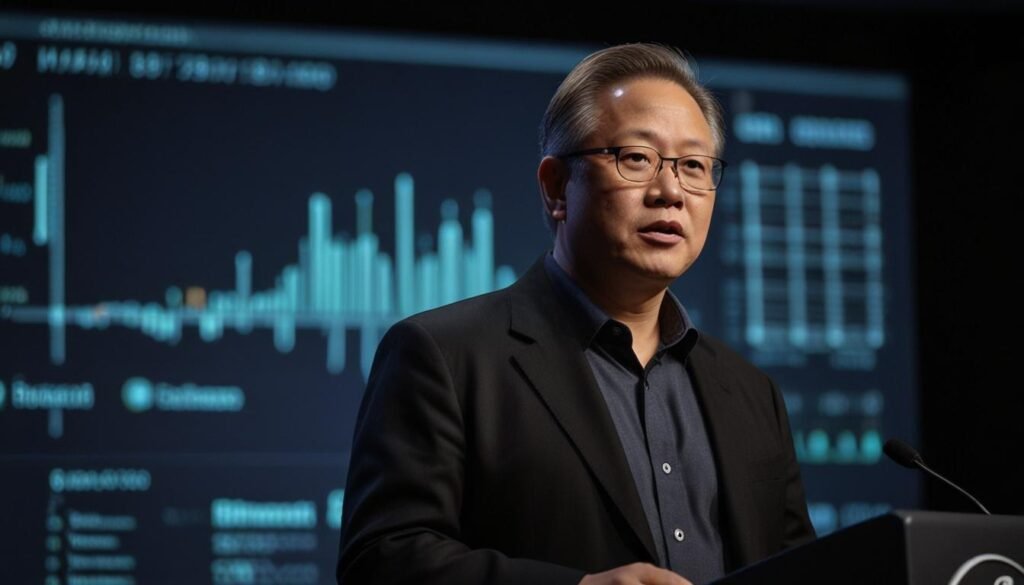Jensen Huang discusses the necessity of advanced AI systems to tackle misinformation and AI misuse, particularly as concerns grow ahead of the US federal elections.
Nvidia CEO Advocates AI to Combat Misuse of AI in Address at Washington Event
Washington, DC – Sept 27, 2023
Jensen Huang, CEO of Nvidia, emphasised the crucial role of advanced artificial intelligence (AI) in mitigating the harmful uses of AI during a Bipartisan Policy Center event held in Washington, DC, on September 27. Huang proposed that more advanced AI systems are essential in detecting and countering the rapid creation of fake data and misinformation generated by AI itself.
Huang likened the burgeoning challenges posed by AI to those faced in the realm of cybersecurity. He noted that much like the necessity for stronger cybersecurity measures to defend against hacking and cyberattacks, robust AI systems are imperative to stay ahead of malicious AI actors.
The timing of Huang’s remarks is especially pertinent as the United States gears up for federal elections. Concerns about AI-driven misinformation are on the rise. A recent Pew Research Center survey, conducted in September, revealed that nearly 60% of Americans, from both political parties, harbour significant concerns about AI’s potential to create false information about presidential candidates. Furthermore, around 40% of those surveyed anticipated that AI would be used “mostly for bad” during the election period.
These apprehensions are compounded by reports from officials at the Office of the Director of National Intelligence, which indicate that foreign entities, including Russia and Iran, are utilising AI to influence the election. Specific examples include the alteration of videos of Vice President Kamala Harris.
Addressing the audience, Huang urged the US government to not only regulate AI but also actively partake in its advancement. He suggested that every government department, particularly the Departments of Energy and Defense, should integrate AI technologies into their operations. Huang went further to advocate for the construction of a national AI supercomputer, positing that such a resource would galvanise scientific advancement by enabling the development of new AI algorithms for national benefit.
Huang also discussed the looming energy demands associated with future AI operations. As AI systems continue to process enormous volumes of data, the energy consumption of data centres is projected to escalate dramatically—potentially increasing by 10 to 20 times over current levels. To contextualise this, the International Energy Agency estimated that data centres already account for up to 1.5% of global electricity consumption.
Proposing a solution to the anticipated surge in energy demand, Huang suggested situating AI data centres near sources of excess energy that are otherwise challenging to transport. He explained that since AI systems do not require a fixed location for learning processes, it would be feasible to establish data centres in areas with surplus energy, thereby making efficient use of these resources.
Nvidia, under Huang’s leadership, continues to be at the forefront of AI innovation, and his insights from the Bipartisan Policy Center event provide a clear directive on the role of AI in both national security and infrastructure. As discussions on AI’s impact and regulation develop, the perspectives shared by leaders like Huang will be critical in shaping policy and technological advancements in the AI domain.
Source: Noah Wire Services
















